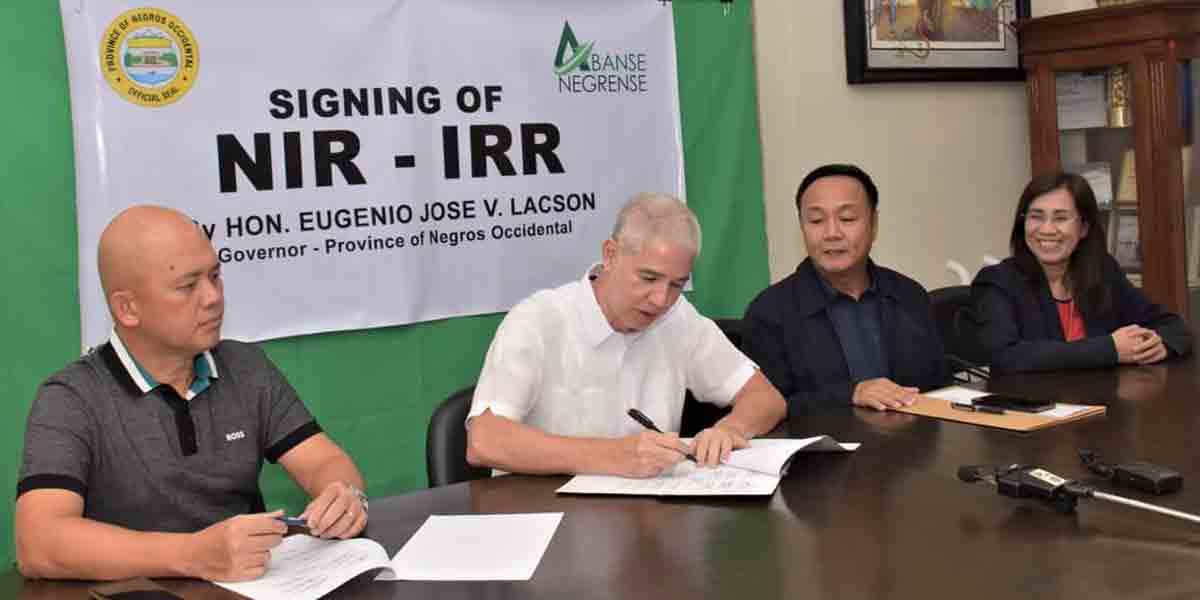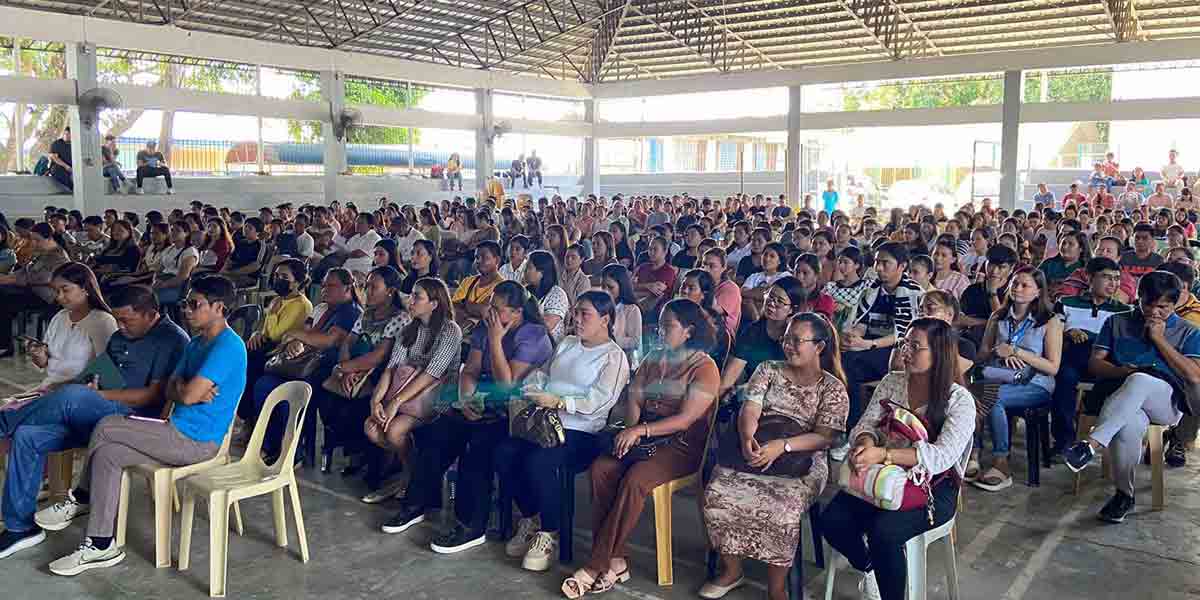By Joseph Bernard A. Marzan
President Ferdinand Marcos Jr. on Wednesday, Oct. 2, signed a law imposing taxes on digital services provided by foreign entities, aiming to capture additional revenue from the growing online economy.
Republic Act No. 12023 imposes a 12% value-added tax (VAT) on non-resident digital service providers (DSPs) for electronic or online sales of services, including advertising services, digital subscriptions, and other internet-based offerings.
Foreign DSPs whose annual gross sales or receipts exceed P3 million are required to register for VAT. They must also designate a registered resident corporation as a representative or agent to comply with tax regulations. Non-compliance may result in the temporary suspension of their services.
Notable services covered by the law include video game providers such as Activision and Nintendo; streaming platforms like Netflix, Amazon Prime Video, HBO Go, Viu, and Disney+; digital music services such as Spotify, Deezer, and Apple Music; and online marketplaces, including Shopee, Lazada, Zalora, Temu, and Shein.
Cloud storage services, such as Google Drive, OneDrive, and Proton Drive, are also subject to the tax. However, online educational and public interest services, such as online colleges and webinar providers, are explicitly excluded.
In a post on its Facebook page, the Department of Finance projected that the law will generate P102.12 billion in revenue between 2025 and 2029. The funds will be used to support infrastructure projects such as roads, schools, and hospitals. Additionally, 5% of the total revenue collected will be allocated to support the local creative industries over the next five years.
During the ceremonial signing, Marcos said the law addresses the rapid changes in the digital landscape, which have created a gap in the country’s tax system. He clarified that the law does not introduce a new tax but instead expands the Bureau of Internal Revenue’s (BIR) authority over VAT on online transactions.
“Local businesses and international digital platforms now compete on equal terms. We no longer will be playing by different sets of rules. If you are reaping the rewards of a fruitful digital economy here, it is only right that you contribute to its growth,” Marcos said.
“Whether you are a small tech startup or a global tech giant based halfway around the world, if you are making money here in the Philippines, you are a part of our community, and with that comes a shared responsibility. Be assured that the government has taken a deliberate and measured approach to ensure that this tax will not crush innovation or hinder growth,” he added.
During a Malacañang press conference, BIR Commissioner Romeo Lumagui Jr. said whether DSPs will pass the VAT cost to consumers depends on the providers themselves. Lumagui did not specify consumer protection measures, citing market forces as a potential balancing factor.
“This is a new law, but not a new tax measure. We have to clarify that because they are service providers with consumers in the Philippines. As to whether there will be a price increase, it doesn’t necessarily follow,” Lumagui said.
“They’re free to make their own pricing decisions, so it will be difficult for us to set a limit. Whatever your price is, that’s how much we will compute the 12% VAT, based on the fees you charge,” he added.
The Computer Professionals’ Union (CPU), a group of information and communications technology (ICT) professionals, voiced concern over the law, saying it would burden consumers.
“It is proper to tax foreign DSPs, but it has to be in the form of a corporate tax, and not a VAT that would be passed on to consumers,” the group said in a statement.




















